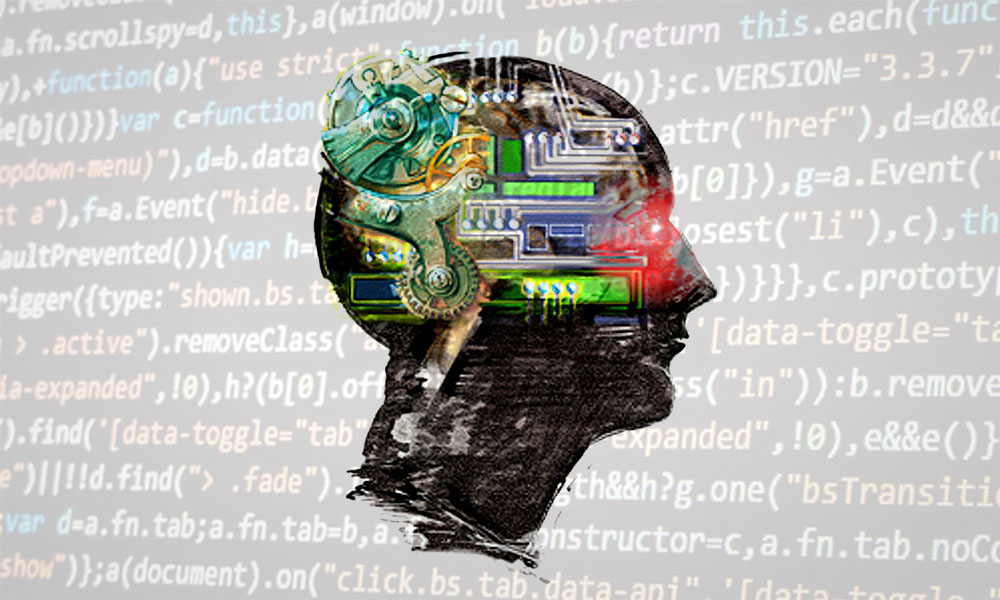LETTER | In a recent advisory paper on the use of generative artificial intelligence (AI) in higher education, the Malaysian Qualifications Agency (MQA) provided a comprehensive analysis of the potential benefits, drawbacks, and suggested approaches for higher education providers, academic staff and students.
The letter emphasises the importance of maintaining academic integrity when utilising generative AI to preserve the standard of education.
We would like to explore how generative AI can be fully realised and optimised in teaching and learning of STEM and healthcare-related courses from the perspective of a practising chemist and pharmacist, given the rapid adoption of AI chatbots, including ChatGPT, Bing Chat in teaching and learning.
Some of the proposed strategies for enhancing generative AI are as follows.
Streamlining personalised learning
By generating content tailored to each student's needs and comprehension level, lecturers can use generative AI to provide individualised learning experiences for their students.
For example, a lecturer may adjust the complexity and subject of tutorial questions based on the learning level of each student.
Supporting problem-solving
Academic staff can employ generative AI in teaching and learning to streamline case studies and problem-solving activities.
Using technology, students can develop potential solutions and evaluate their feasibility. Students must possess the knowledge and skills to differentiate between accurate information produced by AI and "hallucinated" misleading information in real-world situations.
Fostering interdisciplinary collaboration
Higher education providers can promote interdisciplinary collaboration among students from various programmes, enabling them to work together on tasks requiring knowledge from multiple disciplines.
For example, students of medicine, pharmacy, nursing and biomedicine can cooperate to create and solve simulated clinical case studies using generative AI by incorporating relevant competencies from their respective fields.
Enhancing research
Academic staff can instruct students on how to use generative AI to curate and analyse data, which can foster knowledge creation by identifying patterns, trends, and potential research questions in related fields.
Addressing ethical issues
Academic staff should incorporate discussions on ethical issues in their courses, such as the use of AI in assignment preparation and idea generation.
This will ensure that students are aware of the ethical implications of using AI in their research, projects or future careers.

The MQA advisory letter concludes by urging academic staff and students to adapt to the rapidly changing digital technology landscape and to effectively and ethically use generative AI.
It is important to constantly bear in mind that the content generated by AI is not fully verified, and therefore, it is the user's responsibility to validate the information and critically review the generated content.
With proper guidance and careful implementation, generative AI has the potential to enhance teaching and learning in various sectors.
Authors are academics from Sunway University’s School of Medical and Life Sciences.
The views expressed here are those of the author/contributor and do not necessarily represent the views of Malaysiakini.

